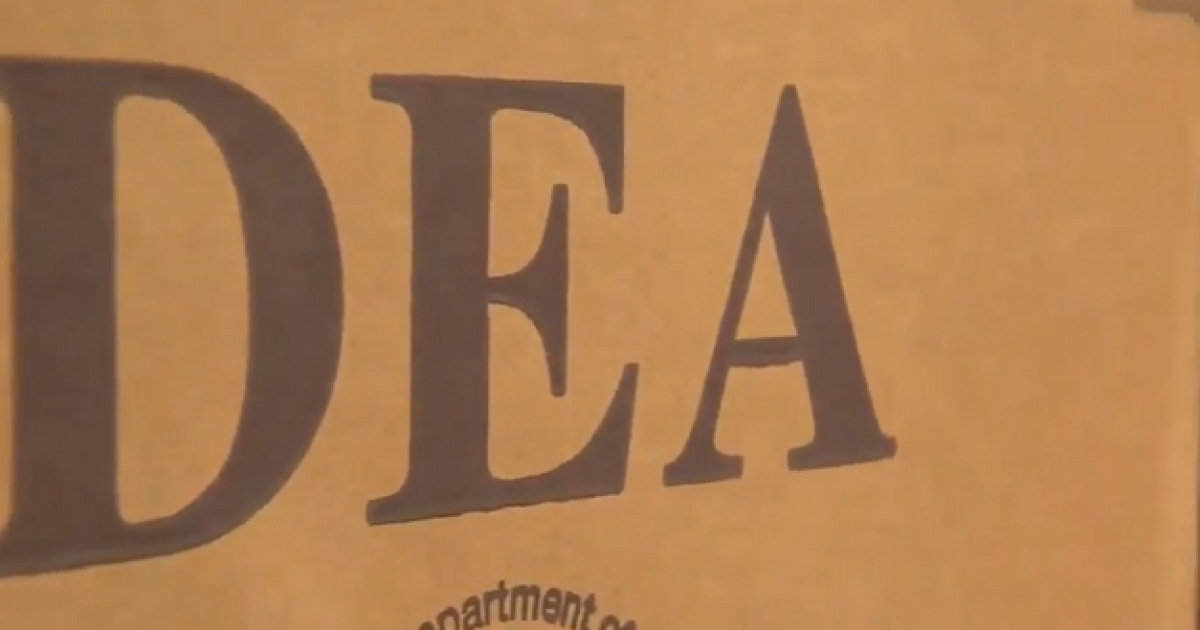
The Washington Post recently reported on the Drug Enforcement Administration’s plans to return a man’s life savings that the federal department confiscated from his daughter at an airport last summer.
However, the letter the agency published did not provide much of an explanation to why they seized more than $82,000 in cash.
Rebecca Brown claimed that she was never informed about being a criminal suspect. She also asserted that she wasn’t told about any drugs or other contraband being found during a search of her bag and that neither she nor her father have received any charges for a crime. A DEA agent apparently took the money at Pittsburgh International Airport as Brown was going back to Boston in late August.
Brown and her father, Terry Rolin, proceed to file a class-action lawsuit against the DEA, the Transportation Security Administration, and other government officials in January, contending that these agencies violated the Constitution’s prohibition of unlawful searches and seizures by confiscating cash from travelers without probable cause. The lawsuit argues that the DEA’s only criterion for seizing the cash is that it was over $5,000.
People are allowed to travel domestically with any amount of cash, but those traveling abroad must declare amounts of more than $10,000.
On February 28, Brown and Rolin’s legal counsel received a letter from a DEA lawyer informing them that the money was being returned. “After further review, a decision has been made to return the property,” the letter read, but it provided no further explanation.
Brown said in an interview on March 4, 2020 that she was relieved the money was sent back to them because her father, who is 79, has had to postpone sensitive dental care and has not been able to do repairs on his pickup truck. Still, she was fuming that the agency did not provide additional information about the incident.
“There’s zero explanation and zero apology,” Brown stated. “It’s unfortunate the government is able to do this to people. It’s just not fair.”
Dan Alban, a lawyer at the Institute for Justice, which is providing Brown and Rolin with legal aid, stated that the lawsuit will go on because the institute is still receiving reports that the DEA is seizing money at airports on dubious grounds.
Alban said the DEA’s decision to return the money “confirms there was no probable cause for a seizure.”
“I think they realized: What were these guys doing?” Alban said about the seizure. “There was no evidence of criminal activity. It demonstrates there was nothing supporting the seizure.”
Brown said this incident began after she visited her father’s Pittsburgh-area home, during which he asked her to set up a joint bank account with him. Rolin kept his savings in cash, a habit he had learned from his parents, who had grown up during the Great Depression.
Brown said she received the money on a Sunday night and was leaving the Pittsburgh area for her home in the Boston area on a flight the following morning, before banks started opening up. Brown said she put the money into her carry-on and planned to open up an account when she got home.
After going through a security scan, a DEA agent stopped her at the gate a few minutes before her flight was about to leave, she recounted. The agent asked her about why she had so much cash on her person. Brown got Rolin on the phone to confirm the story about opening a bank account, but he was not able to confirm certain details because the of the decline in cognitive functions he is experiencing.
“He just handed me the phone and said, ‘Your stories don’t match,’ ” Brown recalled what the agent’s told her. “ ‘We’re seizing the cash.’ ”
Brown was shocked, and she eventually turned to the Institute for Justice for help, which catalyzed the filing of the lawsuit.



